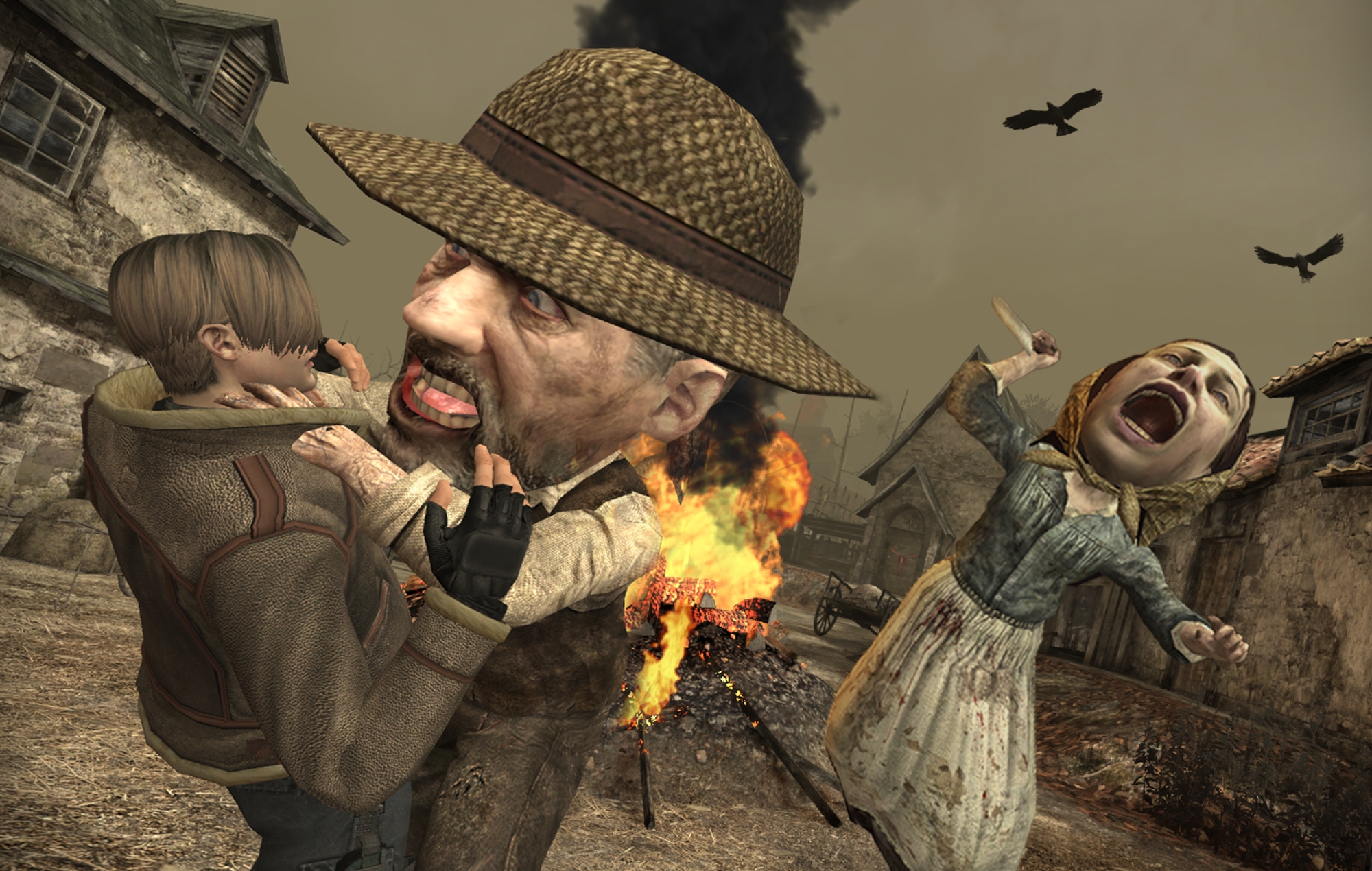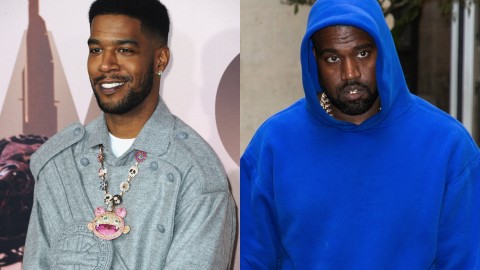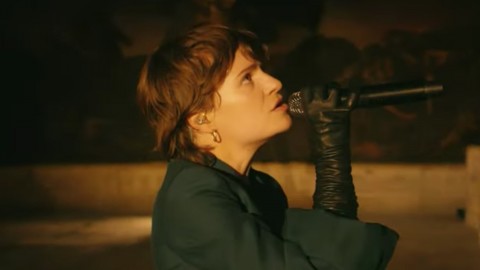
If you think it seems like hard work being a female pop star in the 21st Century – think of a teenage Billie Eilish taking the decision to only wear baggy clothing so she can’t be judged on the shape and size of her body, Taylor Swift’s constant accusations of being a cold, business-minded automaton or Cardi B’s daily flack for weaponising and monetising her sexuality – then try rewinding the clock 60 years.
As The Beatles ushered in a revolutionary new sound and look in the early 1960s, the second wave of feminism was also shaking the Western world, with the invention of the pill and Betty Friedan’s formative feminist text, The Feminine Mystique, creating the groundwork for pop culture to have heroines as well as heroes.
Step forward Nancy Sinatra, activist, actor, artist and the oldest child of Rat Pack king Frank Sinatra and his first wife Nancy Barbato. Born in New Jersey but raised in the suburbs of Los Angeles, Nancy was primped and primed for a showbiz life through years of singing, acting and dancing lessons. So far, so stage kid, but there was something different about Nancy.
Signed somewhat nepotistically to her father’s record label Reprise in 1961, her early singles were flops; the cutesy, down-home bubblegum songs that tried to pitch her alongside the twee likes of Brenda Lee were inauthentic and a far cry from the real Nancy Sinatra.
Despite her famous name, her career looked to be over before it began – until in stepped Lee Hazlewood, a quirky country songwriter who saw promise and a new kind of pop talent in the 20-something singer. The eventual result was a stellar career captured in ‘Nancy Sinatra: Start Walkin’ 1965-1976’, an upcoming new anthology that will gather together her greatest songs – including the unforgettable ‘Bang Bang’ – as part of a year of reissues that will rightly champion her unique contribution to the pop canon.
But let’s take it all the way back to 1964. Hazlewood, a seedy looking Southern gent with a proto-porno handlebar moustache, was introduced to Nancy by her record label. He played her a song that had planned to sing himself, called ‘These Boots Are Made For Walkin’’. Though songs that denigrated women were common currency in the 1960s – Lesley Gore’s ‘That’s The Way Boys Are’, The Crystals’ ‘He Hit Men and It Felt Like A Kiss’ – Nancy knew that the switch had to be flipped.
Nancy suggested she sing the song and its brutal lyrics (“These boots are made for walkin’ / And that’s just what they’ll do / One of these days these boots are gonna walk all over you”) instead of Lee, turning a tale of dominance over women into one of defiance against men. “I told him that coming from a guy it was harsh and abusive, but was perfect for a little girl to sing,” Nancy told Los Angeles magazine.
Nancy’s version became Number One hit on both sides of the Atlantic, chiming with a fired-up generation of women who’d had enough of playing nice, of not being listened to and their opinions steamrollered. It wasn’t just a genius career move, but a cry of non-compliance with the pop patriarchy.
Like all the best songs, it was a many-layered thing. Little did most of the audience realise quite how racy the lyrics were, namely “You been a-messin’ where you shouldn’t have been a-messin’”. Speaking to The Guardian in 2002, Hazlewood explained: “Anyone in my part of Texas knows that messin’ means fuckin’”.
Years before music videos became a necessity in the MTV age, the powers that be drummed one up for the hit single to be played on video jukeboxes, casting the previously brunette Nancy in a whole new light. Here she was in a black spangly minidress and a bleach-blonde beehive combed to the high heavens, no longer the coy girl-next-door but the woman up town who might kick your balls to pâté should you ever betray her.
The single featured on an equally successful album, ‘Boots’, which featured Nancy’s personality-packed covers of male-penned pop and rock hits, including dreamy versions of Bob Dylan’s ‘It Ain’t Me Babe’, The Rolling Stones’ ‘As Tears Go By’ and The Beatles’ ‘Day Tripper’ and ‘Run For Your Life’.
She’d release two more albums in 1966 – now that’s what we call a solid work ethic – as well as the Hazelwood-penned single ‘Sugar Town’, which gently alluded to getting smashed on LCD laced sugar cubes but somehow also managed to top the Billboard Easy Listening chart. The next year she recorded the theme tune to Bond film You Only Live Twice as well as starring in her own television special, Movin’ with Nancy, in which she casually leant her support to the civil rights movement by sharing a brief peck on the cheek with Sammy Davis Jnr., one of the first interracial kisses ever shown on American television.

Part of Nancy Sinatra’s strength lay in the fact she was well aware that she wasn’t inventing anything new, but building upon the advances made by other artists, particularly the black female R&B singers who came to prominence in the 1950s and whose work still continues to be diminished. “This business of me being the first feminist, or whatever they called me in those days, was untrue,” Nancy once told Believer. “Because the women I admired were doing that stuff long before I was. There were the soul singers like Ruth Brown and LaVern Baker starting all that.”
In 1968 Nancy decided to take another unconventional career move, one that would secure her a place in the hearts of all chin-stroking, crate-digging musos forevermore. She was still working with Lee Hazlewood, and the pair would release the iconic ‘Nancy & Lee’, an orange artworked masterpiece of oddball psychedelia and hazy folk. As creepy as it was sexy, Nancy’s alto floats high above Lee Hazlewood’s grizzed hobo tenor on the censor-baiting eroticisim of ‘Some Velvet Morning’ – later covered by Primal Scream and Kate Moss – and ‘Summer Wine’, which self-proclaimed ‘gangster Nancy Sinatra’ Lana Del Rey tackled in 2013.

In the mid-1970s. Sinatra took semi retirement from the music industry, occasionally cropping up to make a casual splash – like when she shot a 1995 Playboy cover spread at 54, before releasing a fabulous comeback in 2004, a graceful self-titled album packed with songs written by many of her adoring fans, including Jarvis Cocker, Thurston Moore, Richard Hawley and close pal Morrissey.
And it wasn’t just in her music that Nancy Sinatra did things differently. Upon advice given to her by her father, Nancy always maintained control of her masters, allowing her a certain kind of freedom within the pop machine. In 2019 she tweeted in support of Taylor Swift’s decision to do the same, writing: “Hi Taylor. My dad gave me three pieces of advice I have always lived by: “Be aware.” “Don’t despair.” And “Own your own masters.” I’m glad you are fighting for yours. WIN.”
Music industry independence isn’t the only thing Nancy Sinatra continues to fight for. At 80 years old, she’s a vocal opponent of Donald Trump, her Twitter feed a near-constant call-out of the outgoing President’s unconstitutional behaviour as well as calls for Americans to stay home and wear masks while the country fights coronavirus. Since visiting troops in Vietnam in the late 1960s, she’s also been a vocal supporter of justice for veterans.
Here’s to Nancy Sinatra, pop’s original rebel girl, for doing it her way.
– ‘Nancy Sinatra: Start Walkin’ 1965–1976’ is out via Light In The Attic Records on February 5
The post It’s about time Nancy Sinatra got her due – she’s pop’s original rebel girl appeared first on NME | Music, Film, TV, Gaming & Pop Culture News.






